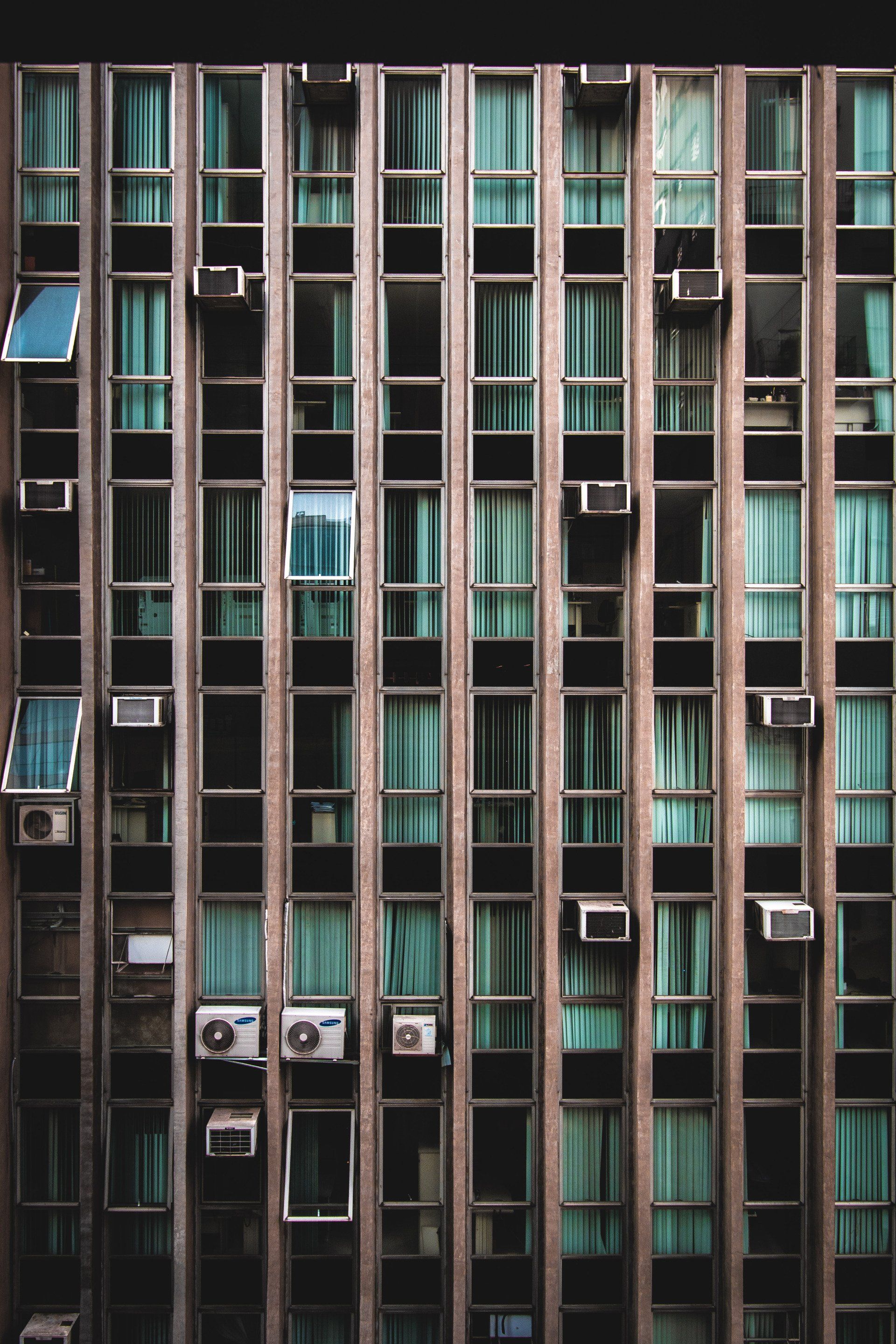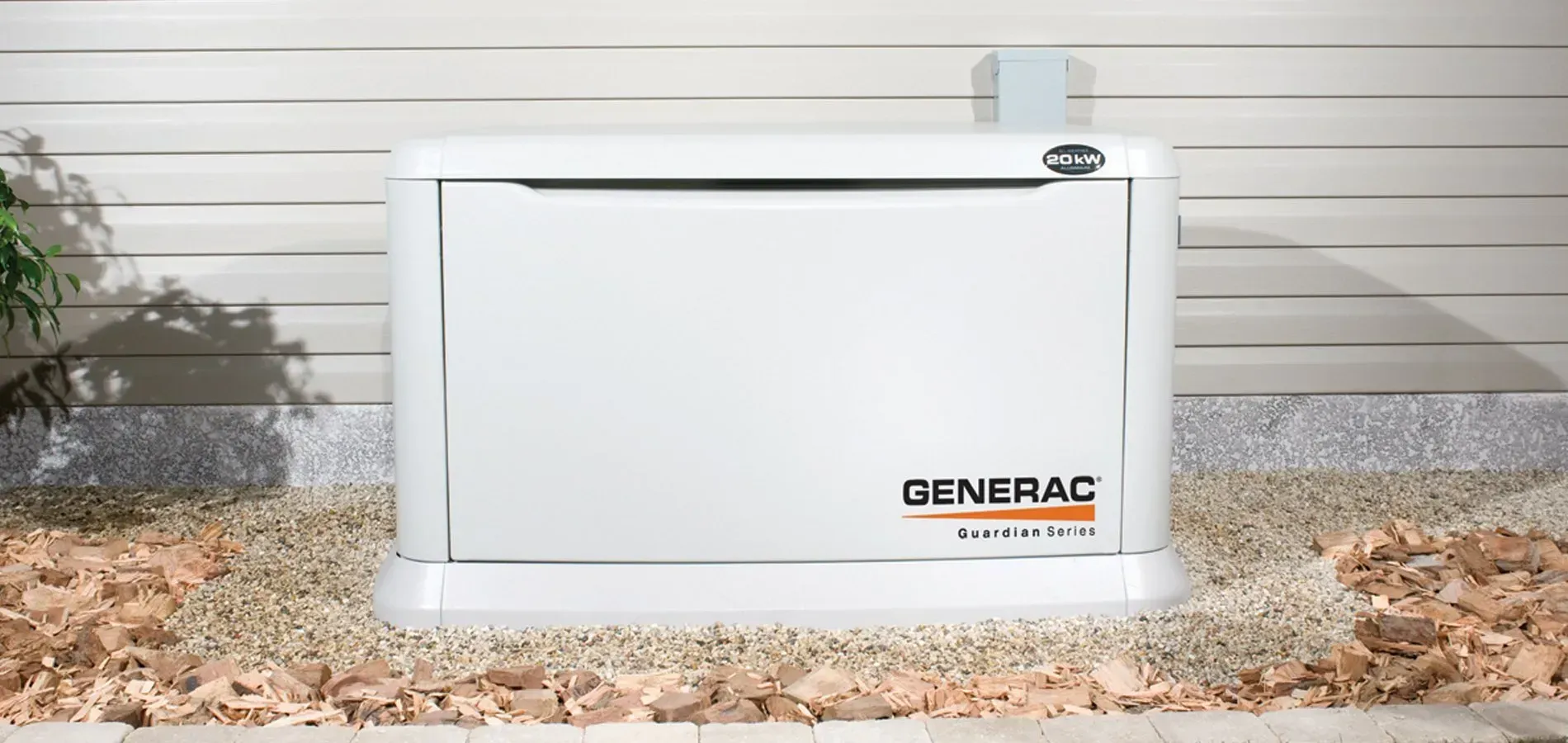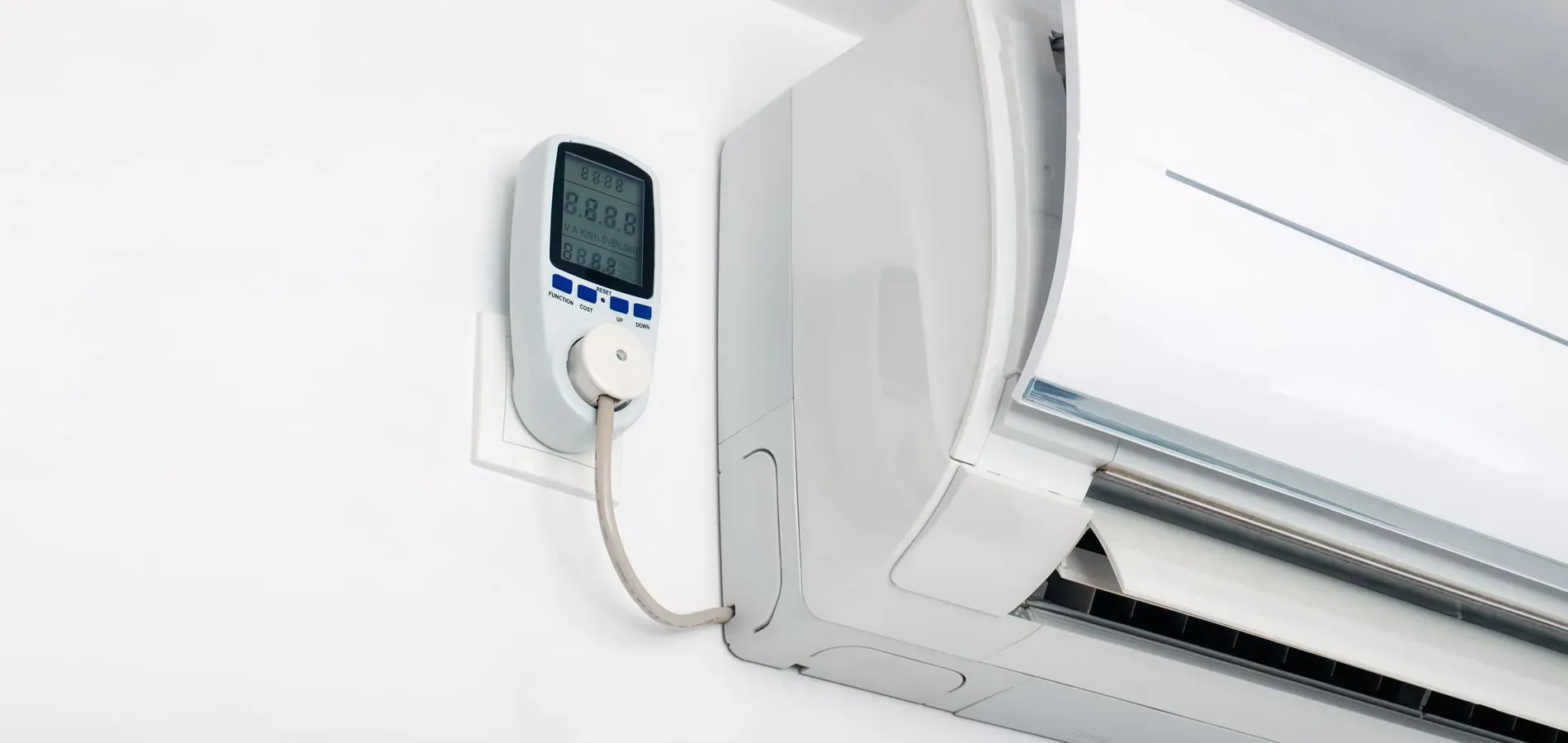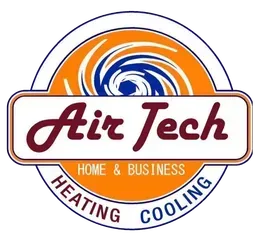The Importance of Regular HVAC Maintenance
Summer in Virginia brings soaring temperatures and high humidity, making it essential for residents to have efficient cooling systems. The sweltering heat can be unbearable, and without proper air conditioning, indoor environments can quickly become uncomfortable and even hazardous. As the summer months approach, ensuring that your air conditioning system is in top shape becomes a priority. Regular maintenance, timely repairs, and system upgrades can make a significant difference in your home's comfort and energy efficiency during the hot season.
At Air Tech, we understand the importance of a reliable air conditioning system during Virginia's hot summers. Our team of experienced technicians is dedicated to providing top-notch HVAC services, ensuring that your cooling system operates at peak performance. From routine maintenance and emergency repairs to complete system installations, we offer a comprehensive range of services tailored to meet your cooling needs. We pride ourselves on our prompt, professional service and our commitment to customer satisfaction, helping you stay cool and comfortable all summer long.
In this blog post, we will delve into the importance of regular HVAC maintenance, especially as summer approaches. We'll discuss how preventative care can enhance your system's efficiency, prolong its lifespan, and reduce the risk of costly breakdowns. You'll also find practical tips for keeping your air conditioning unit in optimal condition and learn why professional maintenance is crucial for maintaining indoor comfort during Virginia's hot season. Stay tuned to ensure your home remains a cool oasis amidst the summer heat.
Let's get started!
What Is an HVAC System?
An HVAC system, short for Heating, Ventilation, and Air Conditioning, is a complex assembly of various components designed to regulate indoor environmental conditions. It aims to provide thermal comfort and maintain good indoor air quality. The key components of an HVAC system include:
- Heating: Typically achieved through furnaces or boilers, which use fuel (gas, oil, or electricity) to generate heat. This heat is then distributed throughout the building via a network of ducts or radiators.
- Ventilation: Ensures a continuous supply of fresh air into the living spaces while expelling stale air. This is vital for maintaining indoor air quality, controlling humidity levels, and preventing the build-up of pollutants.
- Air Conditioning: Cools the air in indoor spaces by removing excess heat. This is usually done through refrigeration cycles involving an evaporator and a condenser. The cooled air is then circulated through the building using a system of ducts.
The primary role of HVAC systems is to create and maintain a comfortable indoor environment by regulating temperature, humidity, and air quality. They are essential in both residential and commercial settings, ensuring that indoor spaces remain habitable and conducive to health and productivity.
Types of HVA Systems
There are various types of HVAC systems, each suited to different needs and environments:
- Central Air Conditioning Systems: These are the most common systems in larger homes and commercial buildings. They consist of a central unit that cools air, which is then distributed throughout the building via a network of ducts. They are efficient for cooling large spaces uniformly.
- Heat Pumps: These versatile systems provide both heating and cooling. They work by transferring heat from one place to another, making them highly energy-efficient. In winter, they extract heat from the outside air (even when it's cold) and transfer it indoors; in summer, the process is reversed to cool the indoor space.
- Ductless Mini-Split Systems: Ideal for homes without existing ductwork, these systems consist of an outdoor compressor and one or more indoor air-handling units. They offer flexible installation options and can be used to cool individual rooms or zones, providing customized comfort.
- Furnaces: Commonly used for heating, furnaces can run on gas, oil, or electricity. They heat air and distribute it throughout the building via ducts. Furnaces are a reliable and powerful option for maintaining warmth during colder months.
Understanding the various components and types of HVAC systems helps in choosing the right system to meet specific needs, ensuring optimal indoor comfort and efficiency.
Benefits of Regular HVAC Maintenance
Regular HVAC maintenance is often overlooked by homeowners, but its importance cannot be overstated. By ensuring that your heating, ventilation, and air conditioning (HVAC) system receives regular upkeep, you can enjoy a range of benefits that contribute to a healthier, more comfortable, and cost-effective living environment.
Enhanced Energy Efficiency
One of the primary benefits of regular HVAC maintenance is the enhanced energy efficiency it provides. When your system is properly maintained, it operates more efficiently, meaning it requires less energy to heat or cool your home to the desired temperature. This improved efficiency translates to lower utility bills, saving you money in the long run.
Studies have shown that well-maintained HVAC systems can be up to 25% more efficient than neglected ones. Simple tasks such as cleaning or replacing air filters, checking for leaks in ductwork, and ensuring proper airflow can significantly impact your system's performance and energy consumption.
Extended System Lifespan
Regular check-ups and maintenance also play a crucial role in extending the lifespan of your HVAC system. By addressing minor issues before they escalate into major problems, you can prevent costly breakdowns and premature system failures.
Consider this: the average lifespan of a well-maintained HVAC system is typically around 15 to 20 years. However, systems that are neglected and rarely serviced may only last half as long. Investing in routine maintenance not only protects your investment in your HVAC system but also ensures its continued functionality for years to come.
Improved Indoor Air Quality
Another key benefit of regular HVAC maintenance is the improvement of indoor air quality. Your HVAC system is responsible for circulating and filtering the air within your home, removing pollutants, allergens, and other contaminants that can affect your health and comfort.
Clean filters and ducts are essential components of maintaining good indoor air quality. Over time, filters can become clogged with dust, pollen, and debris, restricting airflow and allowing pollutants to recirculate throughout your home. By regularly cleaning or replacing filters and having your ducts cleaned as needed, you can reduce the presence of allergens and pollutants in your indoor air, providing relief for allergy sufferers and improving overall respiratory health.
Reduced Repair Costs
One of the most significant advantages of regular HVAC maintenance is the potential for cost savings on repairs. Minor issues that are identified and addressed during routine maintenance visits are much less likely to develop into major, costly repairs down the road.
For example, something as simple as a clogged air filter can lead to reduced airflow, increased strain on the system, and ultimately, component failure. By regularly inspecting and servicing your HVAC system, technicians can identify and rectify issues before they escalate, saving you from expensive emergency repairs.
Consistent Comfort
Regular HVAC maintenance ensures consistent comfort throughout your home. A well-maintained system operates more reliably, providing consistent temperatures and airflow to every room. Conversely, neglecting maintenance can lead to uneven heating or cooling, hot or cold spots, and frequent temperature fluctuations, making for an uncomfortable living environment.
What Regular HVAC Maintenance Involves

Regular HVAC maintenance involves several key tasks that should be performed on a scheduled basis to ensure the optimal performance and longevity of your heating and cooling system.
Seasonal Check-Ups
It is recommended to schedule HVAC maintenance bi-annually, ideally in the spring before the cooling season begins and in the fall before the heating season starts. During these check-ups, HVAC technicians perform a series of specific tasks tailored to the season.
In the spring, tasks may include cleaning the coils to remove dirt and debris that can hinder efficiency, as well as checking refrigerant levels to ensure proper cooling capacity. In the fall, technicians may focus on inspecting the heating components of the system, such as the furnace or heat pump, and performing any necessary adjustments or repairs to ensure reliable operation during the winter months.
Filter Replacement
Regular filter replacement is essential for maintaining good indoor air quality and maximizing the efficiency of your HVAC system. Filters help trap dust, pollen, and other airborne particles, preventing them from circulating throughout your home.
It is recommended to replace filters every 1 to 3 months, depending on factors such as the type of filter used and the level of indoor air pollution. Neglecting filter replacement can result in reduced airflow, increased strain on the system, and decreased efficiency, leading to higher energy bills and potential damage to system components.
Inspecting and Cleaning Components
During routine maintenance visits, HVAC technicians inspect and clean various components of the system to ensure optimal performance and prevent problems from arising.
Key components to inspect include the thermostat, which controls the operation of the system, and electrical connections, which should be tight and free from corrosion. Cleaning tasks may involve removing dirt and debris from the evaporator and condenser coils, as well as cleaning or lubricating blower components to ensure smooth operation.
Checking System Performance
Technicians measure airflow and temperature differentials to assess the overall performance of the HVAC system. They ensure that the system is operating within the manufacturer's specifications, making any necessary adjustments or repairs to optimize performance and efficiency.
By performing these regular maintenance tasks, homeowners can help prevent costly breakdowns, improve indoor air quality, and extend the lifespan of their HVAC system, ultimately saving money on energy bills and repair costs while enjoying a more comfortable living environment.
Choosing a Reliable HVAC Service Provider
Choosing a reliable HVAC service provider is crucial for ensuring the optimal performance and longevity of your heating and cooling systems. Air Tech stands out as a trusted name in the industry, offering a range of services tailored to meet your HVAC needs. With a team of experienced technicians and a commitment to customer satisfaction, Air Tech provides peace of mind knowing that your HVAC system is in capable hands.
Air Tech's dedication to excellence is evident in their attention to detail, prompt service, and transparent communication. Whether you need routine maintenance, emergency repairs, or system installation, Air Tech delivers reliable solutions that prioritize efficiency, comfort, and affordability. When it comes to choosing an HVAC service provider you can trust, Air Tech sets the standard for quality and reliability, ensuring that your home remains comfortable and your HVAC system operates at its best for years to come.
Key Takeaway
Regular HVAC maintenance is not just a luxury but a necessity for homeowners looking to optimize their comfort, save on energy costs, and prolong the lifespan of their HVAC system. By scheduling routine maintenance appointments with a qualified HVAC technician, homeowners can enjoy a range of benefits that contribute to a healthier and more efficient home environment.
The key takeaway is that regular HVAC maintenance pays dividends in the long run. From improved energy efficiency and indoor air quality to reduced repair costs and consistent comfort, the advantages are undeniable. By addressing minor issues before they escalate into major problems, homeowners can avoid costly repairs and premature system failures, ultimately saving time and money.
Investing in regular HVAC maintenance is a wise decision for homeowners looking to protect their investment, ensure their comfort, and reduce their environmental impact. By making routine maintenance a priority, homeowners can enjoy peace of mind knowing that their HVAC system is operating at peak performance and providing reliable heating and cooling year-round.




